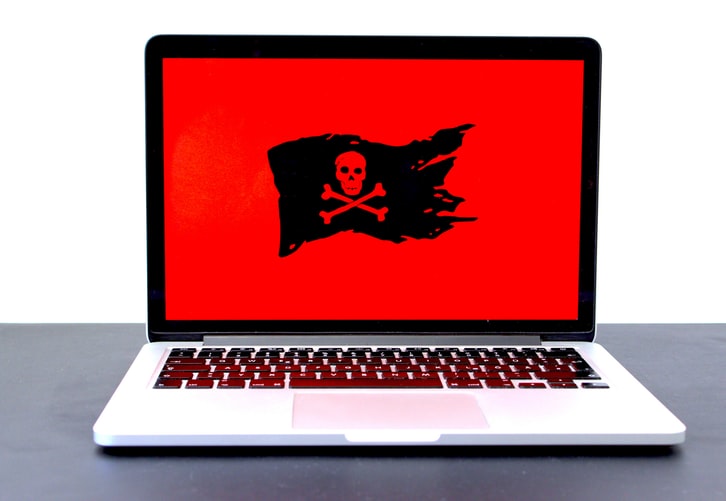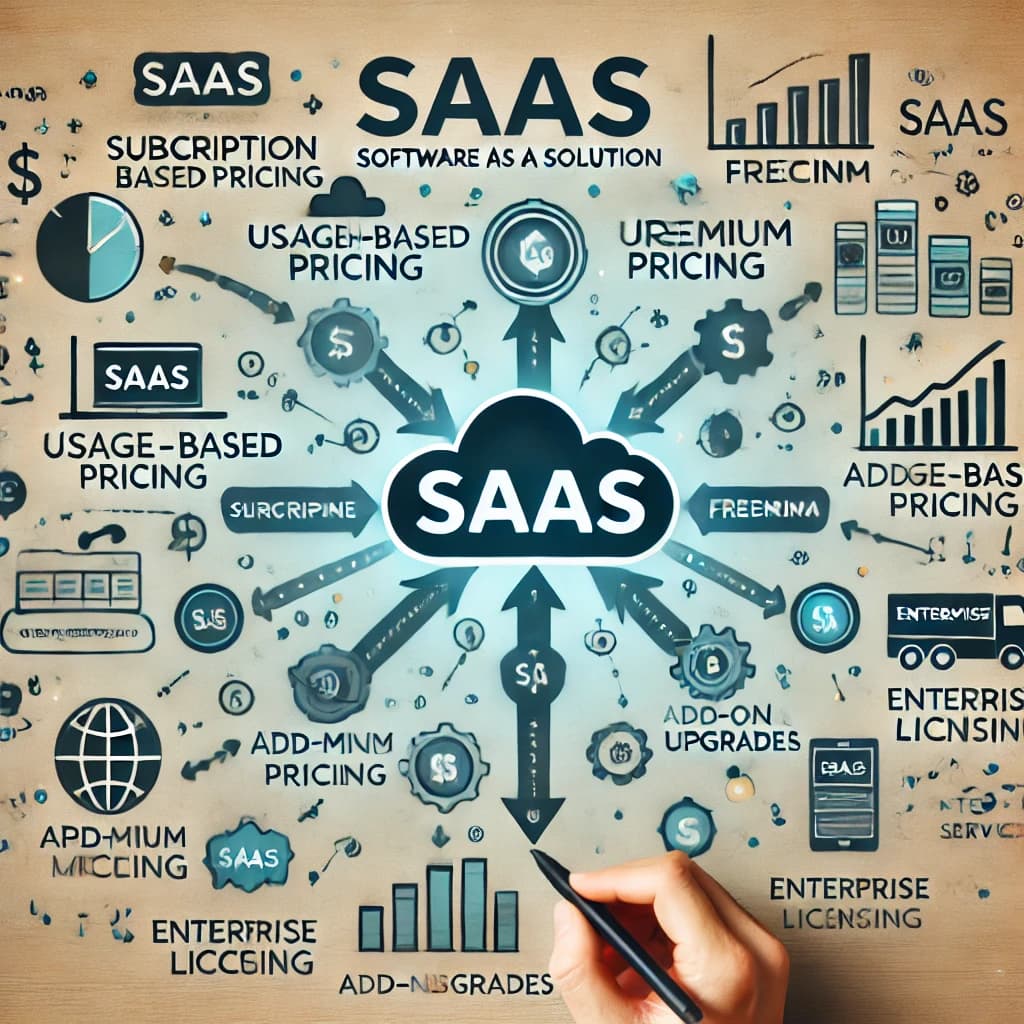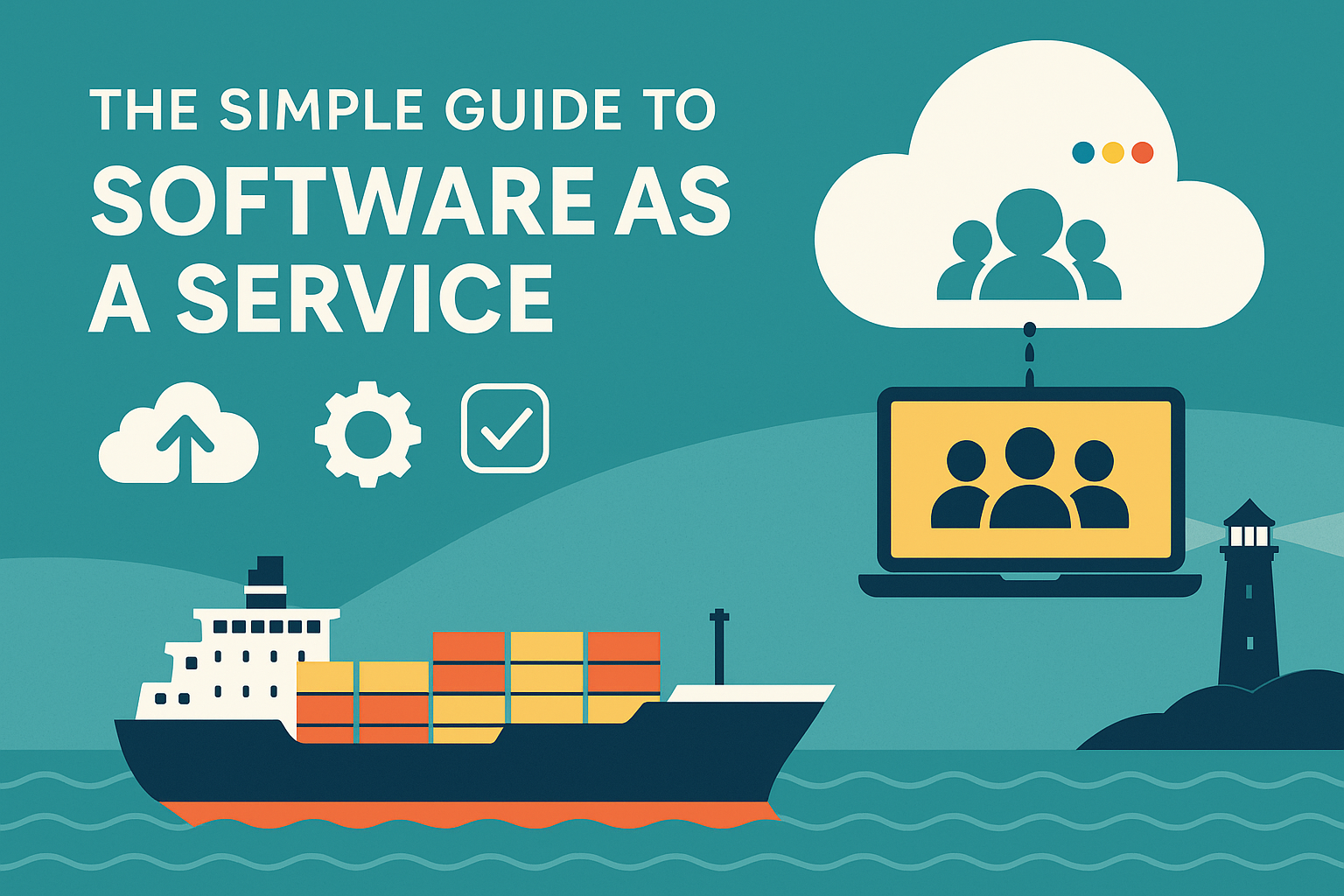Signs Your Maritime Crewing System Is No Longer Fit for Purpose
Feb 20, 2024 · 8 mins read ·
Crewing Software
As a busy Crew Manager or Recruitment Officer do you ever experience feelings of frustration when your maritime crew management system or recruitment software seems to be making life harder, rather than easier?
Maybe it takes too many clicks to accomplish a simple task. Perhaps your crew planner is hard to use and doesn’t make it clear which crew members are onboard and which are waiting to embark. Perhaps it’s just slow, outdated and user-unfriendly.
In the fast-paced world of maritime recruitment, crew planning and crew management, your software solution plays a critical role in enhancing efficiency and productivity. From seafarer databases to communication platforms to document storage, these tools streamline operations and empower you, as a maritime professional, to navigate the challenges of your particular department.
Read more: The Future of Maritime Recruitment: Adapting to Industry Trends
However, as technology advances and business needs evolve, it's essential to recognize when a software solution is no longer fit for purpose. In this blog post, we'll explore the key factors that indicate why you may well need to change your maritime recruitment or crewing system software.
These are the signs your maritime crew management system isn’t fit for purpose
Lack of adaptability
The maritime industry is subject to constant regulatory changes, technological advancements, and shifting market trends. A software solution that fails to adapt to these changes may become obsolete and hinder operational effectiveness.
For example, if the crewing software you use to store your seafarers’ documents and data and your vessel information lacks the ability to comply with new safety regulations, it may no longer meet the evolving needs of your business.

Inefficiency and bottlenecks
Maritime software solutions, such as crew management systems, are intended to streamline processes and increase efficiency. However, if a system causes bottlenecks, delays, or inefficiencies in day-to-day operations, it may be a sign that it's no longer fit for purpose.
Read more: Why Is It Free for Maritime Recruiters to Post Jobs on Martide?
For instance, if your crew planning system frequently crashes or experiences downtime, resulting in delays in being able to plan travel arrangements for your seafarers, it indicates a strong need for a more reliable and robust solution.
Limited scalability
As your shipping company or manning agency grows and expands your operations or your fleet, your software needs to scale accordingly to accommodate increased data volume, user traffic, and complexity.
A maritime crew management system that lacks scalability may struggle to keep up with growing demands, leading to performance issues and decreased productivity. For example, if a recruitment platform can only handle a limited, pre-set number of steps, it may hinder your company's ability to offer a complete hiring process - and an engaging candidate experience.

Poor user experience
User experience (or UX to those in the know) plays a crucial role in the adoption and effectiveness of software solutions for crew managers. If your maritime crew management system or seafarer recruitment software has a clunky interface, unintuitive navigation, or frequent usability issues, it can frustrate users and stop them from performing tasks efficiently.
And that means you’ll have more than just a lack of productivity on your hands - you’ll be very likely to face issues of employee retention too, as frustrated team members look for work elsewhere - at a shipping company or manning agency that uses better crew management software.
Data security concerns
Data security is a top priority across all spheres in the shipping industry, given the sensitive nature of maritime operations and the potential consequences of a data breach. If a maritime crew management system or recruitment solution lacks robust security features, encryption protocols, or compliance with industry standards, it poses a significant risk to your company's data integrity and confidentiality.
If this is the case, you seriously need to consider investing in a more secure crew planning software solution, preferably one that is cloud-based, as this is not only more secure, but more cost-effective too. Using a secure maritime recruitment and crewing system is imperative to mitigate cybersecurity threats and protect sensitive information.
High total cost of ownership (TCO)
While upfront costs are an important consideration when choosing a crewing software solution, it's equally essential to evaluate the total cost of ownership (TCO) over the software's lifecycle.
If your maritime crewing system requires frequent maintenance, upgrades, or customizations, leading to escalating costs, it may not provide a satisfactory return on investment (ROI) in the long run.
Assessing the TCO and ROI of a maritime software system helps your company make informed decisions about whether it's worth retaining or replacing the existing system. And if you are looking to replace your current solution, it is well worth considering taking the Software as a Service route as this means that upgrades, maintenance and new features will be carried out, and paid for, by the service provider.

Is your maritime crew management system REALLY fit for purpose?
Recognizing when a maritime software solution is no longer fit for purpose is crucial for maintaining competitiveness, efficiency, and safety in the maritime industry.
By monitoring indicators such as adaptability to industry changes, efficiency, scalability, user experience, data security, and total cost of ownership, your shipping company or manning agency can identify issues and inefficiencies in your existing systems and take proactive steps to address them.
Whether through software upgrades, customization, or migration to new platforms, investing in modern and customizable maritime crew management systems and recruitment software solutions enables you to navigate the complexities of the industry with confidence and agility.
So take a step back and have a good hard look at your current solution and apply the points we’ve outlined above to it. And, crucially, ask the people who use the system the most for their honest opinions.
What do they like? Dislike? What makes life easier? And what makes it harder?
Looking for a better maritime recruitment and crew planning solution?
If you’re ready to empower your business and are looking for a better way to run your recruitment and crew planning operations, talk to Martide.

Our end-to-end, customizable maritime crew management system has been built with small to medium-sized shipowners and manning agencies in mind.
Our maritime Software as a Service is secure, operates in the cloud, runs on a no-nonsense subscription fee basis and lets you pick and choose which features you want to include in your package.
Create an account and start posting your maritime job vacancies for free or contact us to schedule a no-strings attached demo so you can see how we work - and how we can help you work smarter, not harder.

Eve Church
Eve is Martide's content writer, publishing regular posts on everything from our maritime recruitment and crew planning software to life at sea. Eve has been writing professionally for more than two decades, crafting everything from SEO-focused blog posts and website landing pages to magazine articles and corporate whitepapers.
UK



